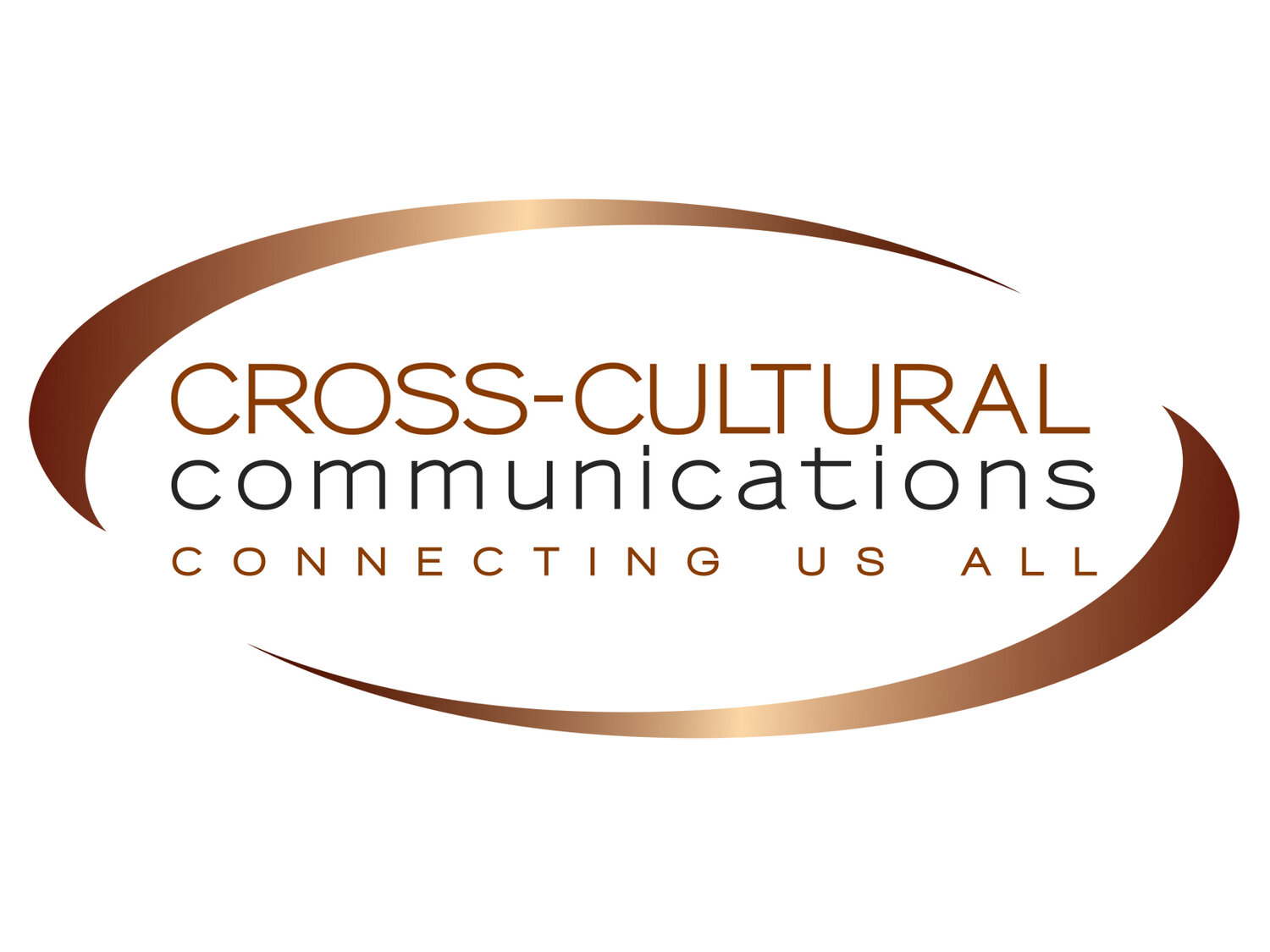Language Access Laws
Community interpreting today in the U.S. (and several other countries) has been enormously influenced by the existence and enforcement of language access laws. In the U.S., these are laws passed to help ensure the equal access to public services by individuals with Limited English Proficiency. The following information is about federal, state and local language access laws.
TITLE VI of the CIVIL RIGHTS ACT
No person in the United States shall, on ground of race, color, or national origin, be excluded from participation in, or be denied the benefits of, or be subjected to discrimination under any program or activity receiving Federal financial assistance.
Title VI of the Civil Rights Act of 1964:
Department of Health and Human Services (HHS)
For interpreters in health and human services. For general information on serving LEP residents, click here. For the summery guidance on how recipients of Federal funding through HHS are to respect Title VI, which was issued on August 4, 2003, click here.Department of Education
For interpreters in K-12 schools and other educational settings. For general information, click here.Department of Justice (DOJ)
For legal and court interpreters and interpreters for the police. For general information, click here. For information pertaining to Executive Order 131166 for Improving Access to Services for Persons with Limited English Proficiency click here. A Title VI legal manual is linked here.Department of Housing and Urban Development (HUD)
For housing services, homeless shelters, community development and other community services funded by HUD. For general information, click here. For the policy guidance, issued on December 19, 2003, click here. For other policy guidance statements, click here.
STATE AND LOCAL LANGUAGE ACCESS LAWS
All states
The National Health Law (NHeLP) Report lists and describes each state’s statutes with a particular focus on healthcare, interpreter competencies and cultural competence training for professionals.
For an overview of state language access laws that affect health care, see Mara Youdelman (2019) Summary of State Law Requirements Addressing Language Needs in Health Care (2019 update). Washington, DC: National Health Law Program. Download the report directly here.
Examples of state laws:
MARYLAND: Maryland's LEP law, passed in 2002, is similar to Title VI. However, it applies to agencies, programs and services that receive state (as opposed to Federal) funding.
For information about Maryland's LEP law click here.MINNESOTA: Minnesota's human rights statement, (like Title VI), addresses discrimination on the basis of national origin. Information may be found here. A 1998 state law required the development of an LEP plan: for information from the state Department of Human Services (DHS) on these developments, click here. Note that Minnesota's DHS also has a Language Assistance Protocol in place since 1998.
HAWAII: Hawaii's language access law passed in 2006. For more information, click here.
MUNICIPAL LANGUAGE LAWS
Monterey Park, California. December 17, 2003, the Monterey Park City Council voted to adopt a historic formal policy and action plan aimed at assisting residents that speak little or no English. The plan addresses interpreting, hiring bilingual staff and translation. For more information, contact Jerry Schwartz (626) 307-1385 orJSchwartz@MontereyPark.ca.gov.
Oakland, California. In 2001, Oakland passed an "Equal Access to Services Ordinance" reinforcing some of the provisions of Title VI. Details may be found here. An article discussing its progress is linked here.
New York City passed a law on December 15, 2003 that requires offering free language assistance at municipal agencies to LEP individuals. You may read the law here.
Philadelphia. On September 29, 2001, the mayor passed an executive order mandating that the city assess its compliance with federal language access legislation. For more information, click here.
Washington, D.C. On April 21, 2004, the District passed a language access law very similar to Maryland's. For more information, call Ken Saunders (OHR) at 202-727-4559, or read about the law's progress here.
The above are only examples of initiatives across the country. A few states have passed laws that require the certification of interpreters in health and human services (Washington) or medical interpreting (e.g., Oregon and Indiana). Only Washington has fully implemented its law. For a summary of Oregon's law and link to the full text of the law, click here. (scroll down to 'laws'). For information on Washington's law, click here. From San Francisco's Office of Civic Engagement & Immigrant Affairs (OCEIA) comes the following report on language access: see linked digital report and online dashboards.
RIGHTS OF LEP STUDENTS
The Office for Civil Rights of the U.S. Department of Education has a number of helpful resources available on its website at http://www.ed.gov/about/offices/list/ocr/ellresources.html.
Examples of Office for Civil Rights Case Decisions:
East Valley Institute of Technology - communications with parents (OCR Case No. 08041022)
Tucson Unified School District - communications with parents (OCR Case No. 08011157)
Denver Public Schools - services to ELL students (OCR Case No. 08951023)
Although the following publication targets educational interpreters for the deaf, they may also interest spoken interpreters in education:
The Registry of Interpreters for the Deaf (RID) has a collection of Standard Practice Papers (SPPs) serving to "articulate the consensus of the membership in outlining standard practices and positions on various interpreting roles and issues". Click here.
Individuals with Disabilities Education Act
http://idea.ed.gov/Council for Exceptional Children
www.cec.sped.orgIDEA Practices Law and Regulations
The 2004 reauthorization of Individuals with Disabilities Education Improvement Act, click here.Family and Advocates Partnership for Education: FAPE aims to inform and educate families and advocates about the Individuals with Disabilities Education Act of 1997, the 2004 reauthorization and promising practices. Go to www.fape.org.
Center for Special Education Finance http://www.csef-air.org/
Legal Interpreters Should Check out "Op-Docs"
Here is a study and practice resource for legal interpreters. It goes by the name "Op-Docs." This link consists of a video called "Expert Witness" that reenacts a legal transcript, with links to other cases. Great stuff!
Regarding the provision of interpreters in US and State courts
Here is information about federal legislation regarding interpreters in federal courts. And while each U.S. state has its own laws governing state courts, here is information about the Maryland legislation. You can contrast it with information about providing sign language interpreters in New York courts.
Additional Related Resources
A recent report by Migration Policy Institute highlights not the federal laws most familiar to us but the dozens of U.S. state and local language access laws, requirements and policies.
If you’re concerned about language access (the right to meaningful access to public services regardless of one’s language)—download this report by the U.S. Migration Policy Institute.
From the state of Washington: 137 pages of detailed background and guidance on how court interpreters can realistically apply ethical canons and standards to their daily practice.
It’s a doozy of a publication, too: 137 pages of detailed background and guidance on how court interpreters can realistically apply ethical canons and standards to their daily practice.
If you are a court interpreter, or someone who works with them, check out this collection of resources for video remote interpreting (VRI) in the courts.
Investing in Language Access to Optimize Health System Performance tackles the research on language access.
The U.S. National Center for State Courts (NCSC, which developed the state court certification exams) has released an important report: The Evolving Science on Implicit Bias: An Updated Resource for the State Court Community.
The courts of Washington state (like many courts) have come up with a simple two-page summary about team interpreting and when to use it for spoken and signed languages.
Address Language Differences (guides for effective use of language services)
Consider Culture, Customs, and Beliefs (any setting)
AHRQ Health Literacy Universal Precautions Toolkit (primary care)
William Eggington and Troy Cox propose to answer the question of how to know if someone needs an interpreter in court:. Their article, “Using Elicited Oral Response Testing to Determine the Need for an Interpreter," will show you what they mean.
Best Practices for Interpreted Depositions is just two pages long but packed with helpful information.
Glossary of Commonly Used Court & Justice System Terminology was compiled by the Consortium for Language Access in the Courts.
Interpreter-Observed Language-Based Incidents of Disparities in Health Care.
The New York State Unified Court System has just issued a press release to announce a new report on racial and other bias in the courts, with recommendations to advance diversity and inclusion within the court system and ensure equal justice under the law.

